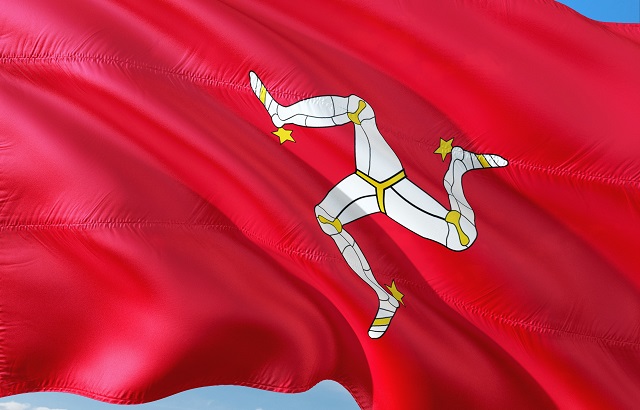Life insurance companies on the Isle of Man have come together, through the Manx Insurance Association (MIA), to ensure a consistency of message when it comes to promoting the island.
Speaking to International Adviser, MIA chief executive Peter Kenny said the Isle of Man for Life campaign stemmed from a strategic review that was undertaken a couple of years ago with NMG.
“One of the recommendations that came out of that review was the Isle of Man, from an external perspective, doesn’t really position itself in, what appears to be, a joined-up way.
“You’ve got a lot of companies here and they’re all in various different parts of the world and they are all talking about the Isle of Man, but in their own way.
“The messages are consistent enough,” he added. “But they are being done in their own way.”
So, the suggestion from the NMG review was to launch a campaign, in conjunction with government, “that makes clear a consistent set of messages about why doing business with the Isle of Man is a good thing, drawing upon those classic messages around political and economic stability”, Kenny explained.
“It was an opportunity for the life industry, particularly, to get in line around some of those common messages. So, the purpose of the campaign was really to bring that consistency of message and then amplify that out into the market in which we all operate.”
The primary medium being used to promote the campaign so far has been social media, with the MIA member firms also using their internal communications to advisers to get the message out.
Kenny added: “For me, the message is about the Isle of Man’s resistance to the crisis, which has been very good, and underlines the resilience of the jurisdiction.”
Covid caveat
The Isle of Man for Life campaign has been up and running for around six months, meaning it predates the worst of the covid-19 crisis, so far.
Kenny credits the collegiate relationship between the life companies as something that has set the sector in good stead.
“We are a small island nation and we go out every day, around the world, and represent what we do. So, we are joined together by many common issues.”
Firms on the island were recently praised by the chief executive of the Association of International Life Offices (Ailo), Bob Pain, for how they have handled the pandemic.
Kenny, who is also chief executive of Quilter International, explained that people are able to move about very freely and life is continuing much as it did before.
The big caveat to that statement, of course, being movement on and off the island.
So, has that made it difficult for firms to recruit?
“In the current climate, I’m sure you can understand that recruitment isn’t exactly top of many companies’ agendas at the moment.
“If you did need to get someone to the island, you can apply for an exemption certificate, which would allow them to travel to the island. But, upon arrival, they must undertake 14 days of isolation.”
Tech agenda
Kenny continued: “Had all of this happened five years ago, it might have been a different story.
“But today, we’re beautifully equipped with laptop technology, the collaboration of Microsoft Teams, the flexibility of Zoom and other platforms. All of the technology has really enabled us to cope as well as we have during this pandemic.”
Kenny believes that coronavirus has “brought the future forward”.
“It has accelerated the development of those things. So, what might have previously taken five years, is happening in as many months.
“I think technology has absolutely risen up the agenda of the life industry.”
Unsurprisingly, there has also been an uptick in client engagement “through digital means”, he added.
Whether that’s using the life companies’ platforms or engaging with their advisers through video calls.
“Clients are adapting quickly.”
Client response
When it comes to how they have reacted, Kenny said: “We’ve definitely seen clients sit on their hands, so to speak, in terms of taking money out.

“At the outset of the pandemic, we honestly thought the opposite would happen. Particularly as people begin to lose their jobs, they might have an increased need for access to money.
“Clients, I think, because the markets were so volatile, chose to stay precisely where they were.”








